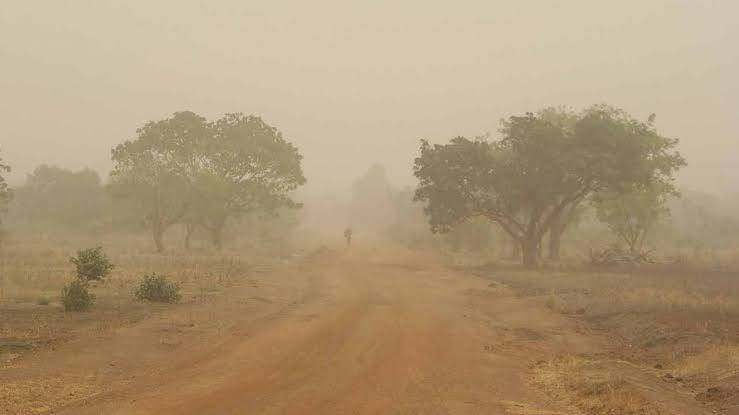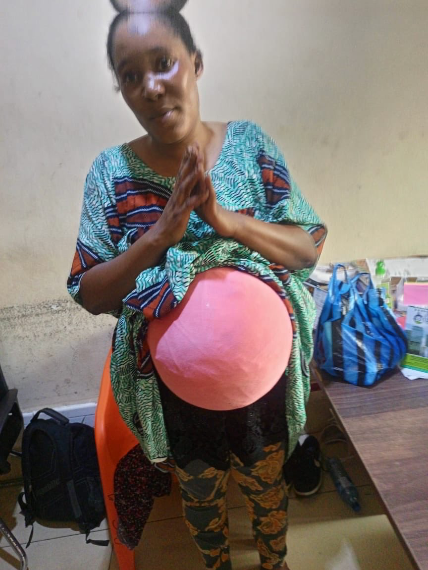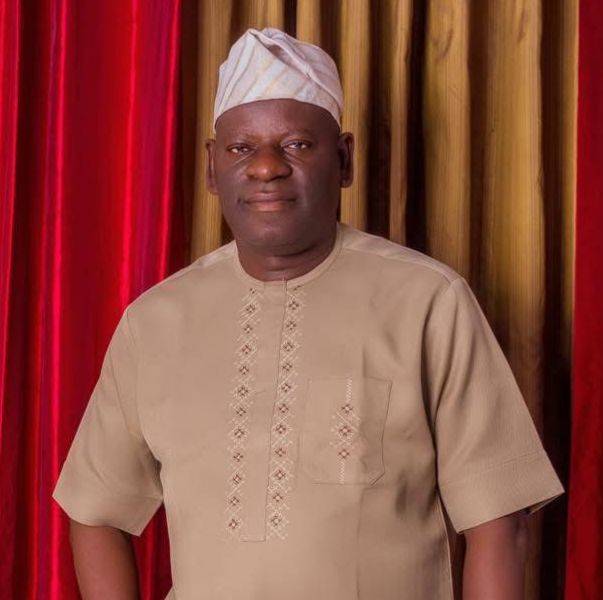The Ijaw people, also known as Izon, hold a unique and significant place in Nigeria’s history, with roots stretching back over 7,000 years. As one of the oldest ethnic groups in Nigeria, the Ijaw are primarily located in the Niger Delta, especially in Bayelsa, Delta, and Rivers States. This resilient group has navigated centuries of history in the dense deltaic regions, forming a deep connection to the land and waters of the Niger Delta that has shaped their lifestyle, culture, and beliefs.
Origin Stories: Ancient and Unbroken
The origins of the Ijaw people are rooted in both myth and historical tradition. While many historians consider the Ijaw indigenous to the Niger Delta, archaeological findings and oral traditions suggest they have resided there since around 5,000 BC, making them one of the earliest settlers in the region. Unlike some Nigerian groups with migratory histories, the Ijaw are believed to have evolved in place, giving rise to a distinct linguistic and cultural heritage within the Niger-Congo family, known as the Ijoid language group. This unique language development underscores their deep roots, formed independently of neighboring groups.
An alternate theory, based on Ijaw oral history, links their origin to ancient Nile Valley civilizations. Some legends hint at ancestral connections to Nubian or Kushite origins, suggesting migration from the Nile regions. While no definitive archaeological evidence links the Ijaw directly to the Nile Valley, this connection speaks to their rich oral heritage and the pride they hold in their origins.
The Ijaw Way of Life: Water, Trade, and Cultural Resilience
The Ijaw have thrived as a riverine people with livelihoods that depend on the Niger Delta’s creeks, rivers, and wetlands. They are renowned for their skills in fishing, canoe-making, and trade. Historically, their expertise in water-based survival and travel enabled them to build complex trade networks, exchanging salt, fish, and palm oil with neighboring groups like the Itsekiri and Urhobo. By the 15th century, they had developed thriving trade relations with European merchants, setting the foundation for powerful settlements, such as Nembe, Bonny, Opobo, and Brass, that would later become prominent in the Atlantic trade.
Spiritual Beliefs and Deities
The Ijaw people are known for their complex belief systems centered around water deities. At the heart of their spirituality is Egbesu, the god of war, justice, and protection. The Ijaw believe that Egbesu grants them spiritual strength, particularly in defending their people and upholding justice. This deity has been central in their cultural resilience, especially during times of conflict and resistance, as seen in more recent environmental movements in the Delta.
Historical Influence and Legacy
The Ijaw’s legacy in the Niger Delta is marked by a blend of resilience and adaptability. Their coastal settlements, such as Opobo and Bonny, grew into powerful trade hubs, influencing regional politics and economics and playing pivotal roles during both the Atlantic slave trade and colonial encounters. These settlements demonstrated the Ijaw’s leadership and complex governance structures, which were often misunderstood by colonial powers.
Today, the Ijaw continue to preserve their distinct identity and cultural practices despite modern pressures and environmental challenges. Their history reminds us of the richness of Nigeria’s ancient roots and the resilience of its diverse peoples. From their ancient beginnings to their present-day advocacy for environmental justice, the Ijaw people stand as symbols of strength, continuity, and pride.
Credit: Facebook











